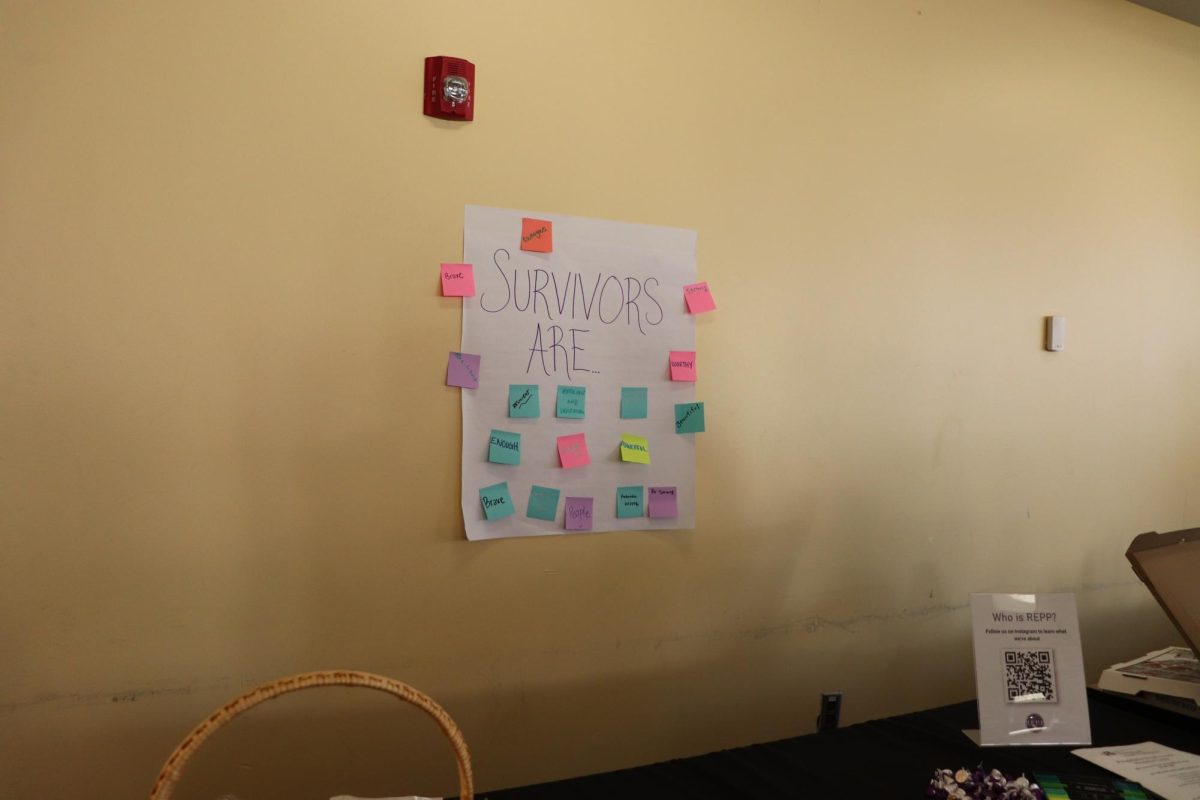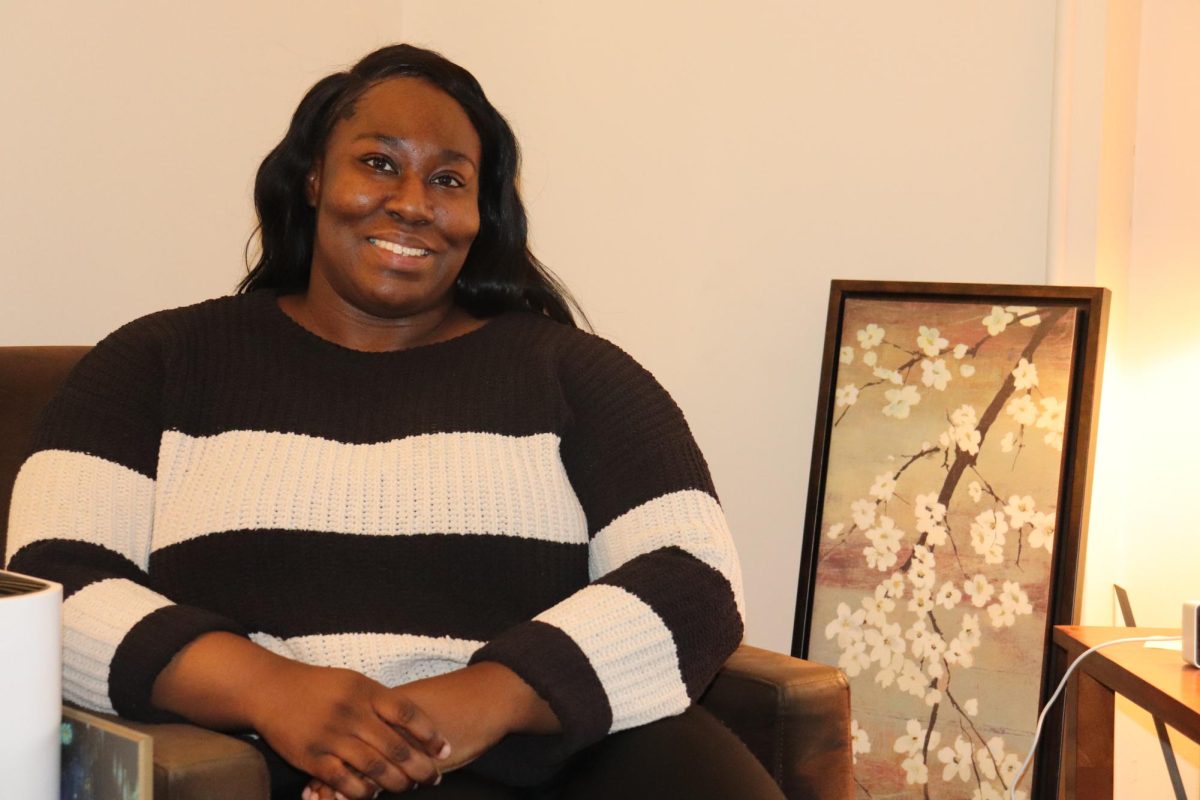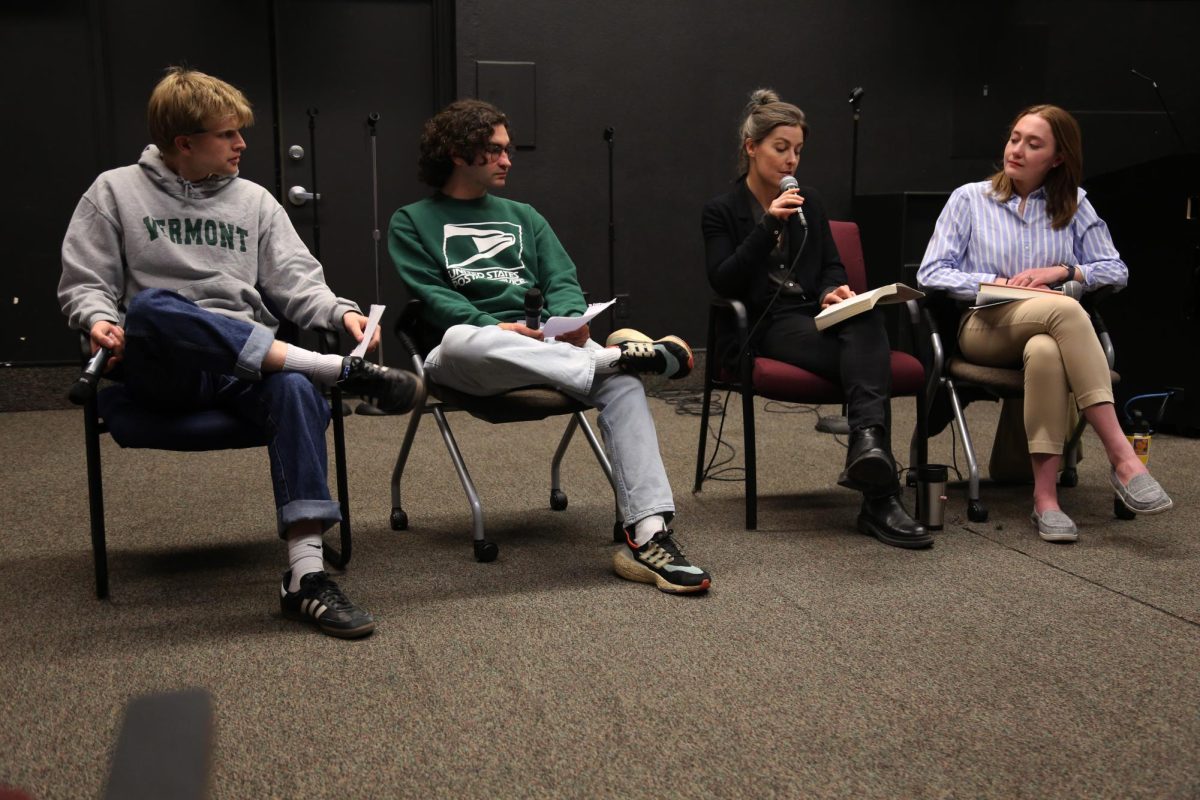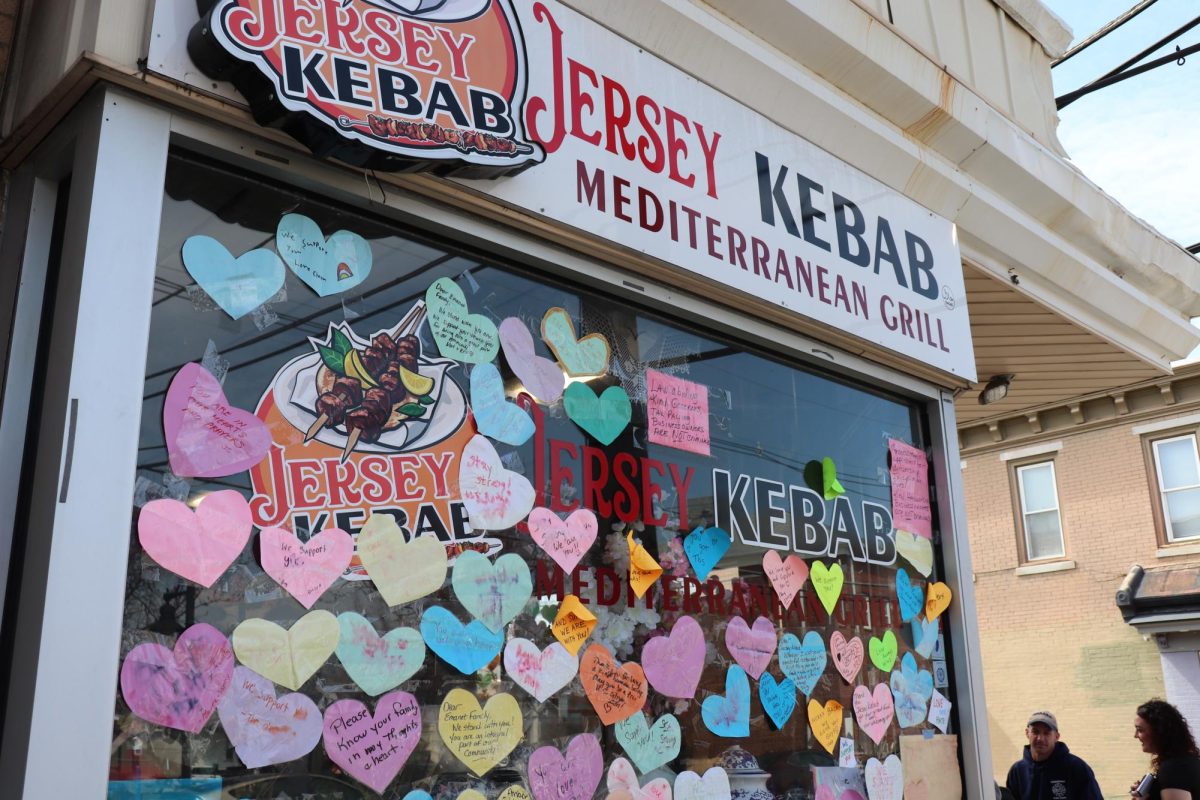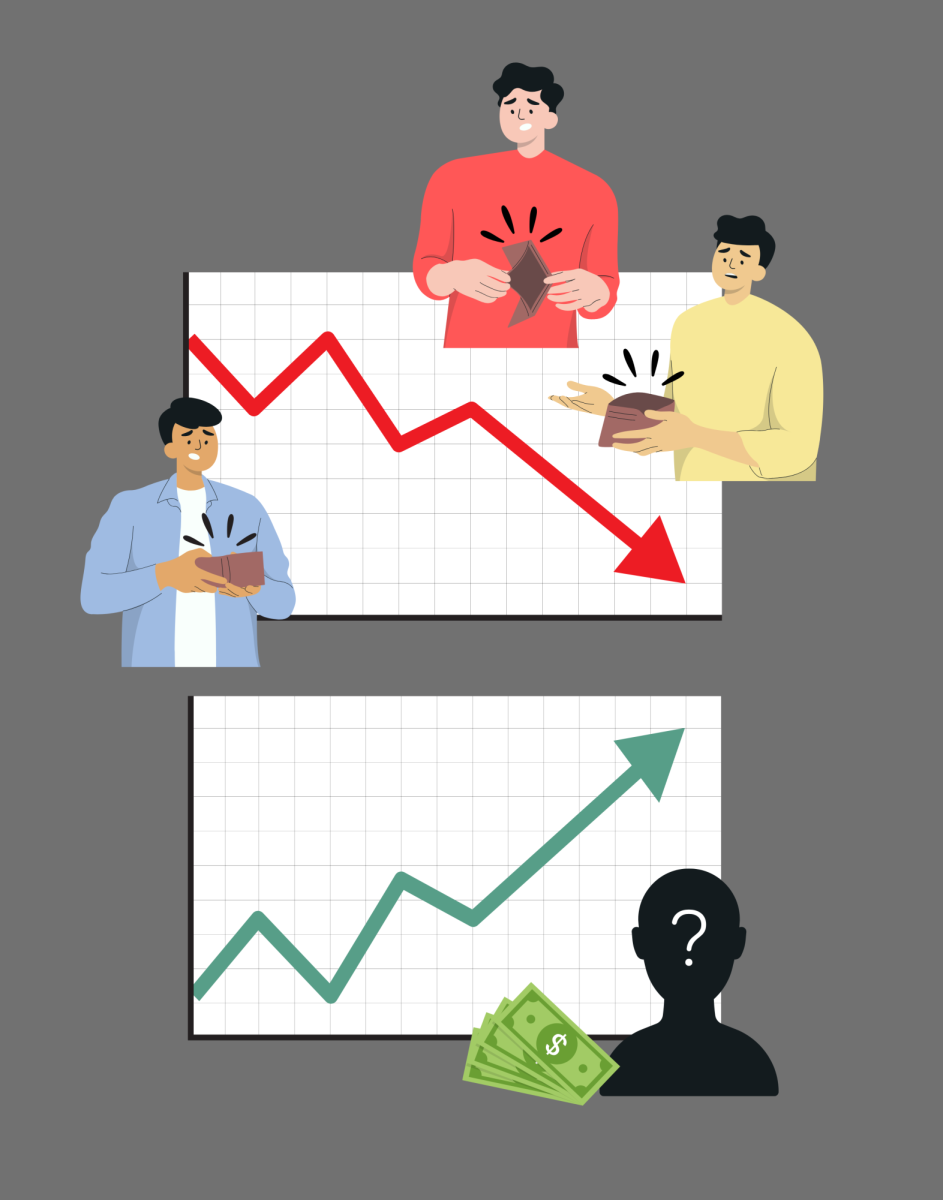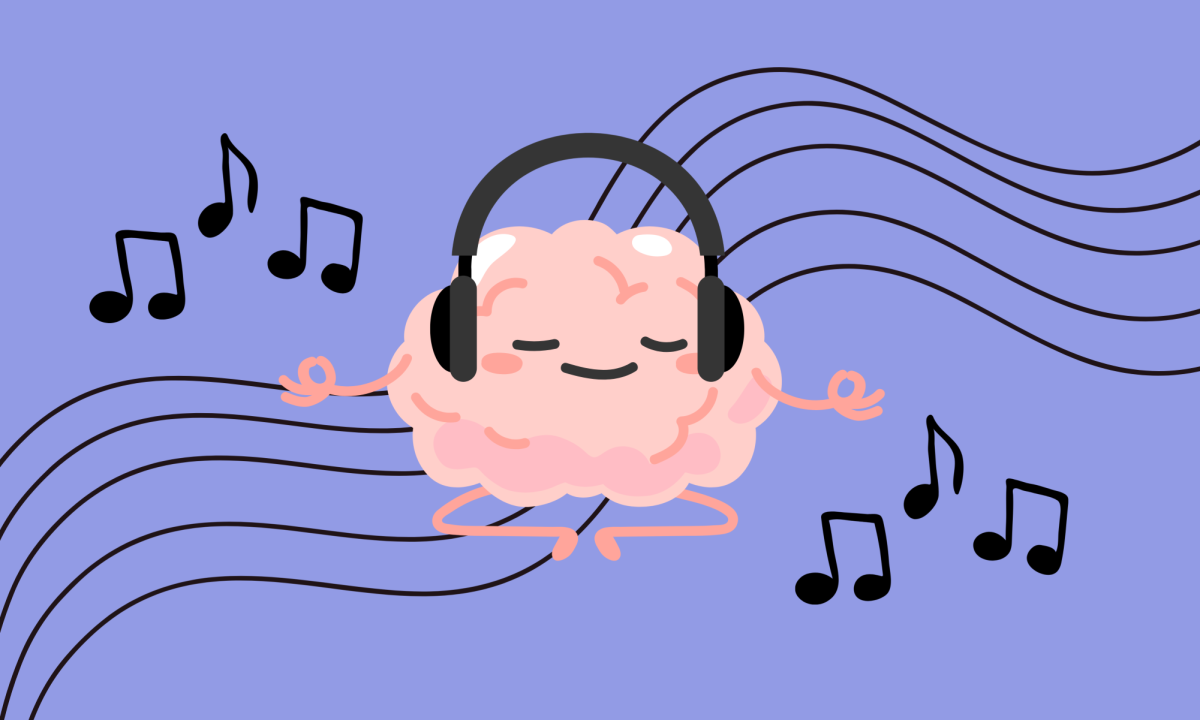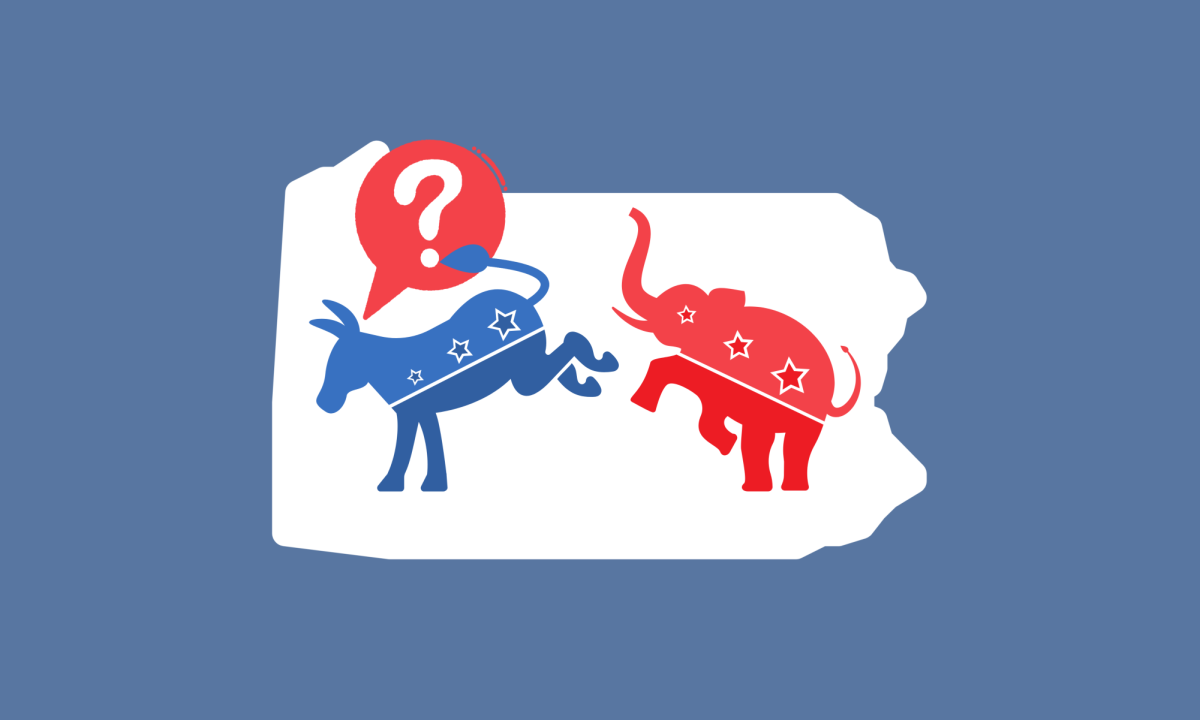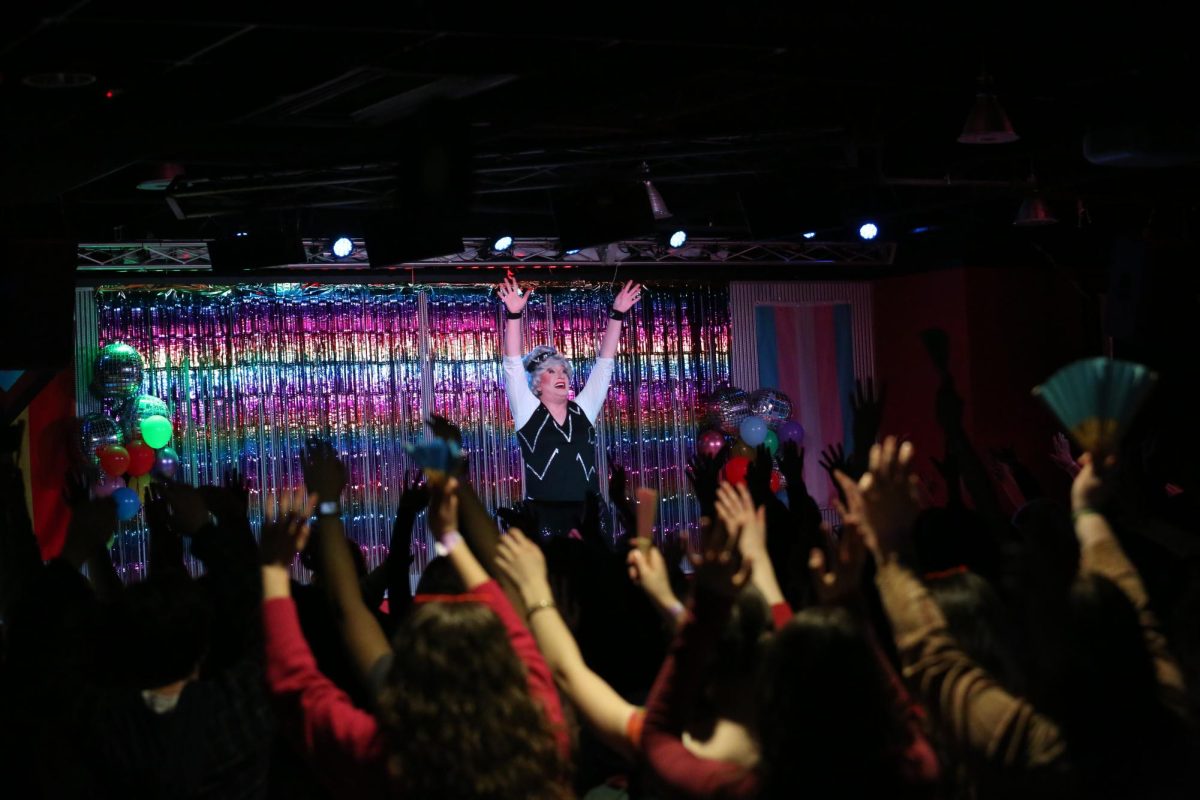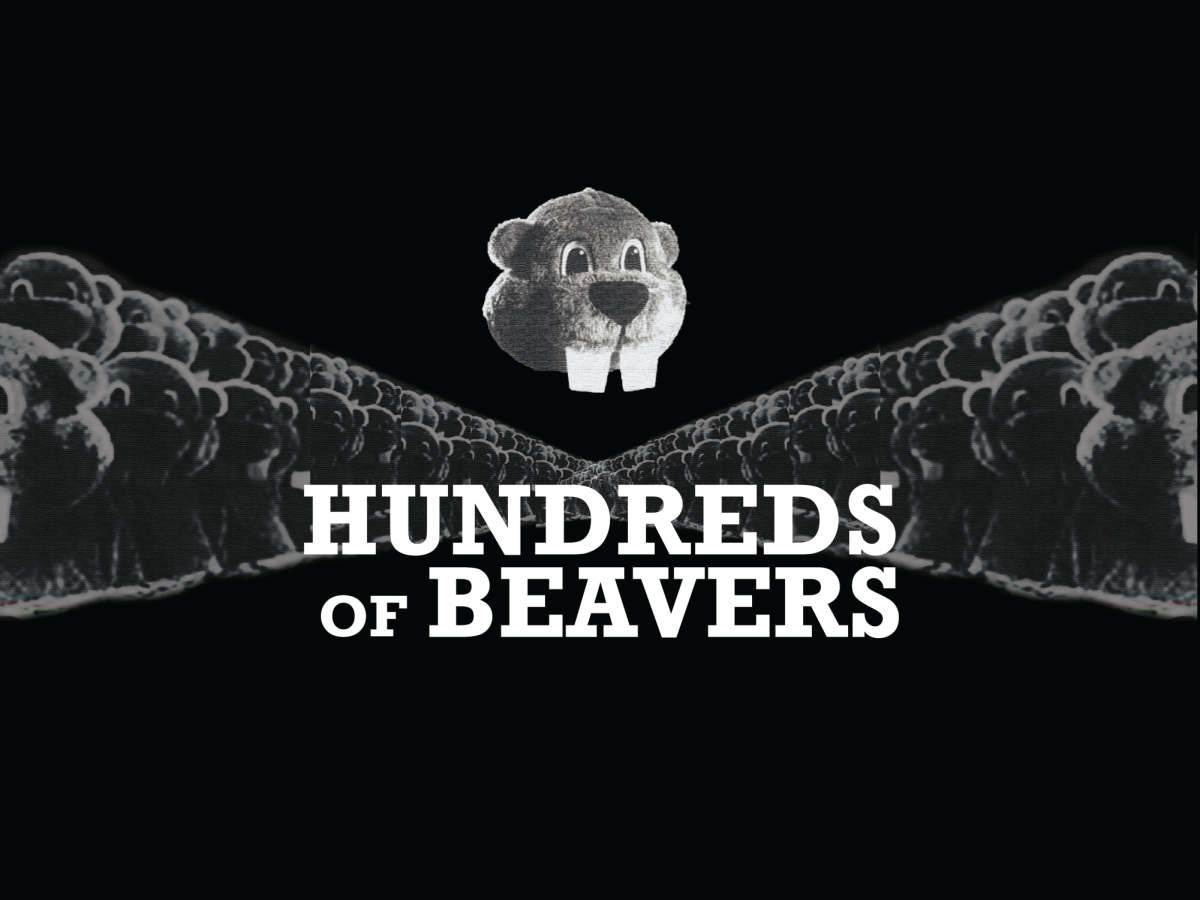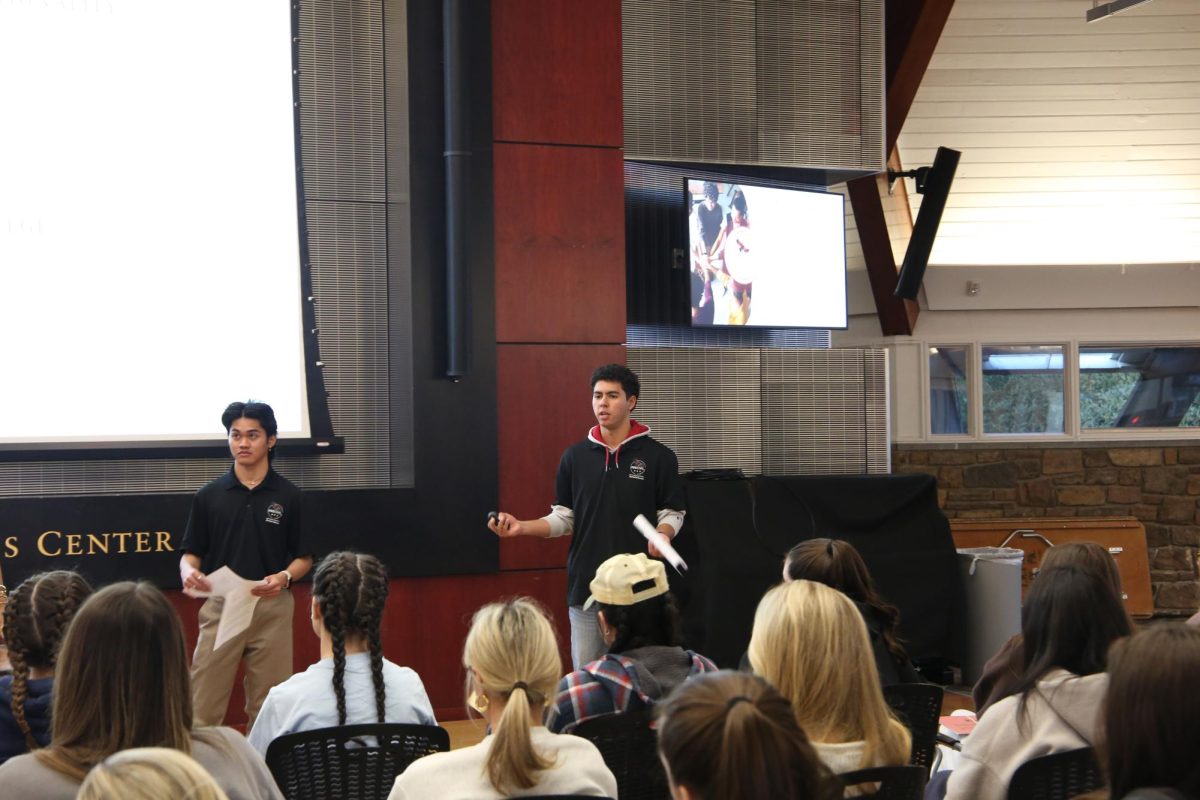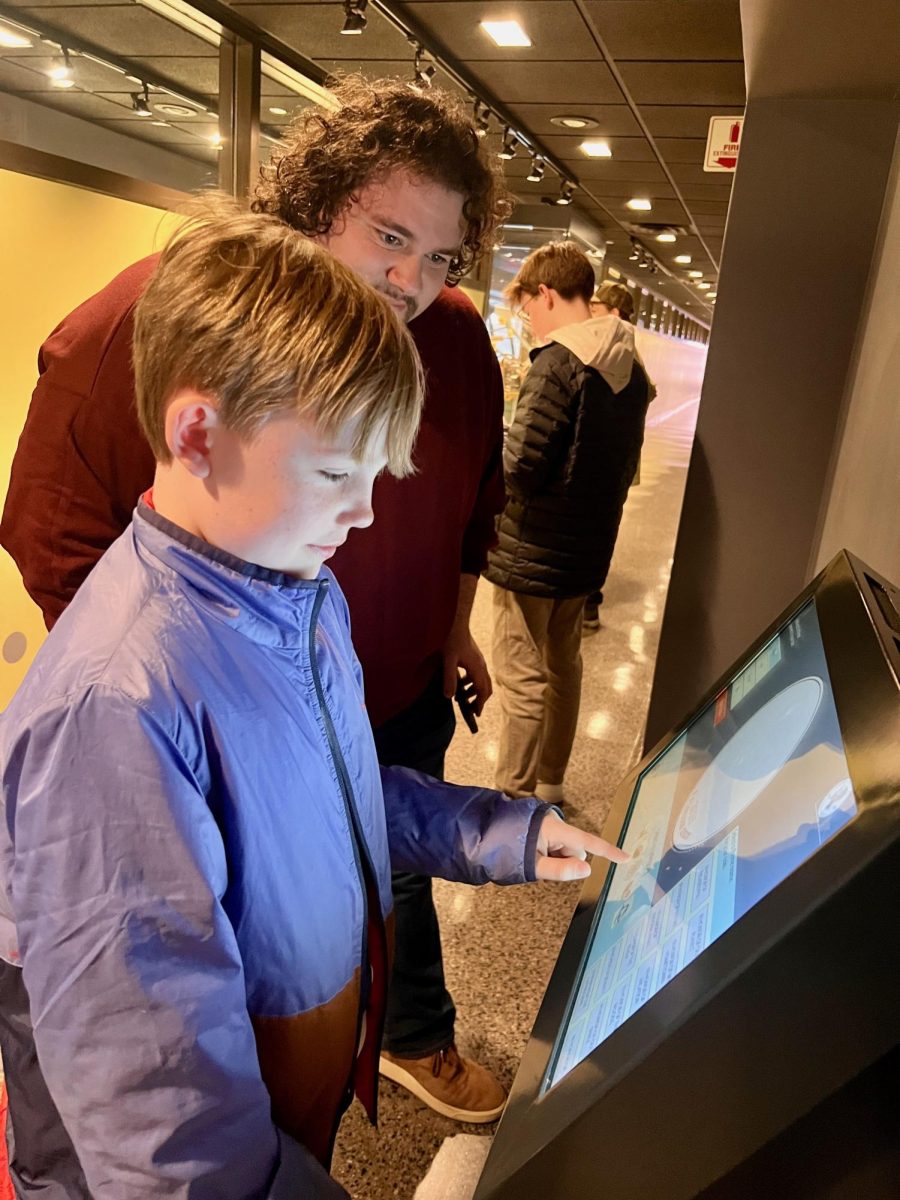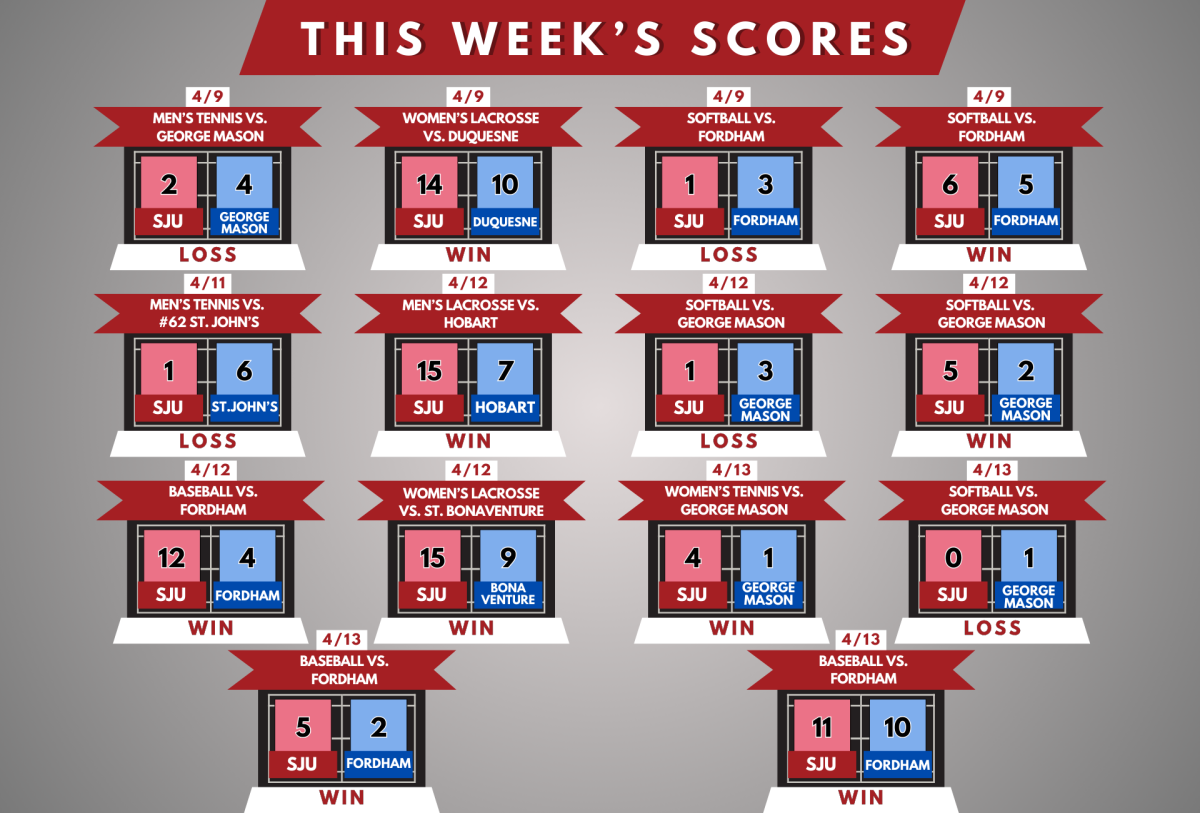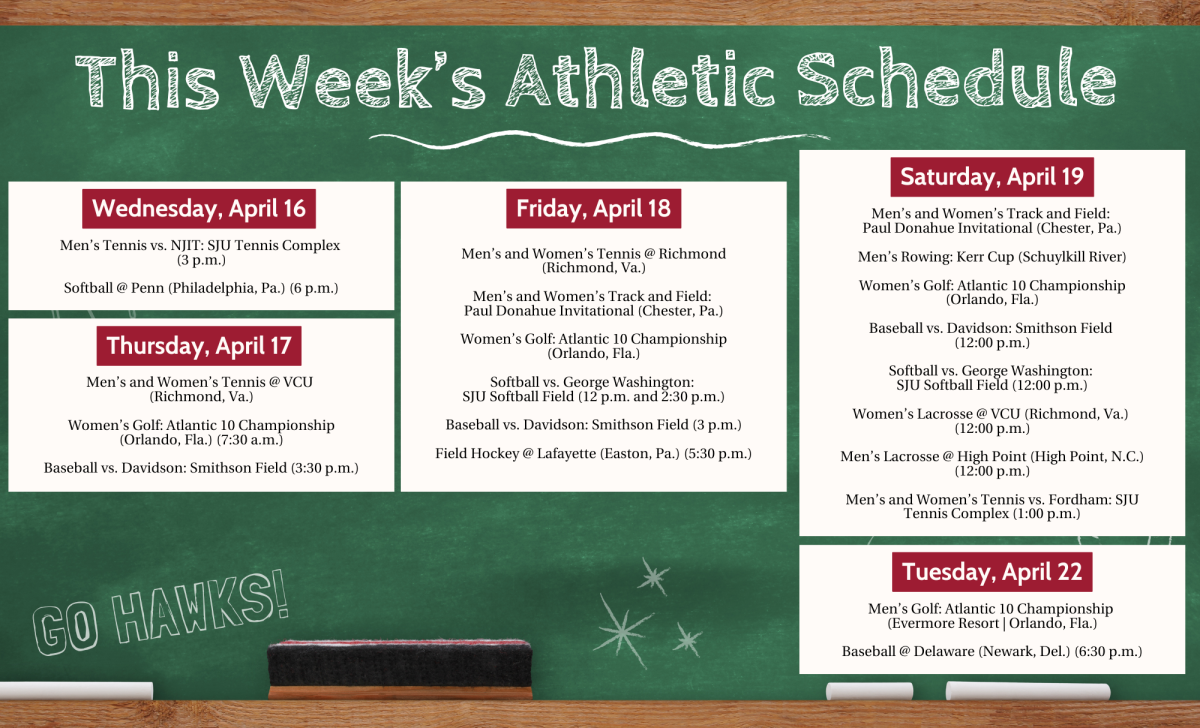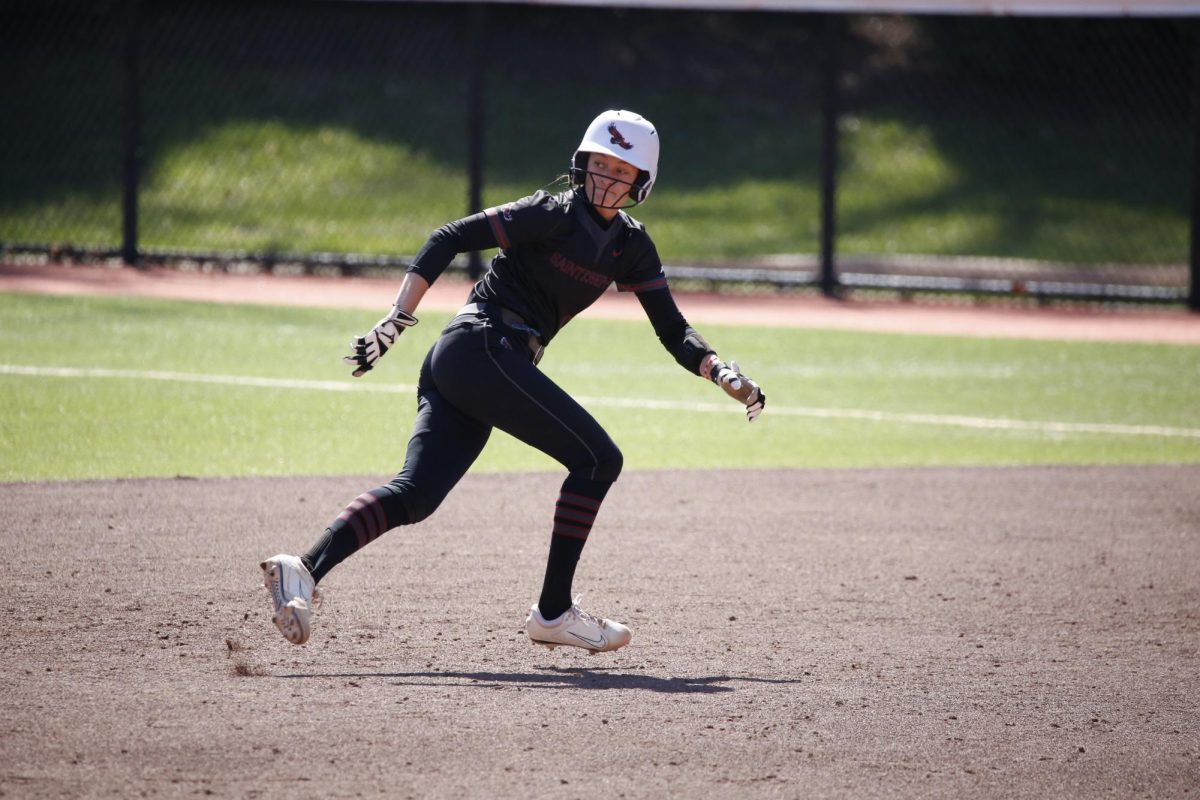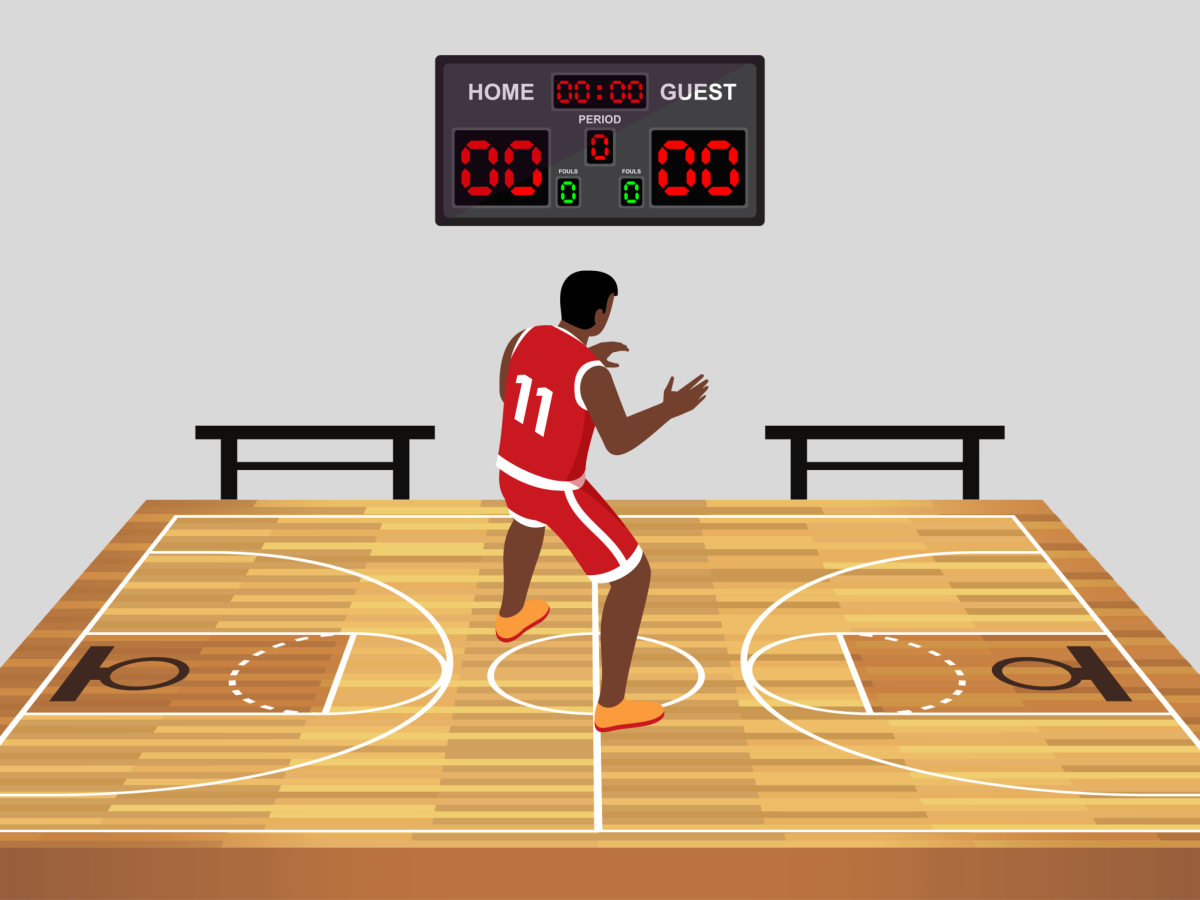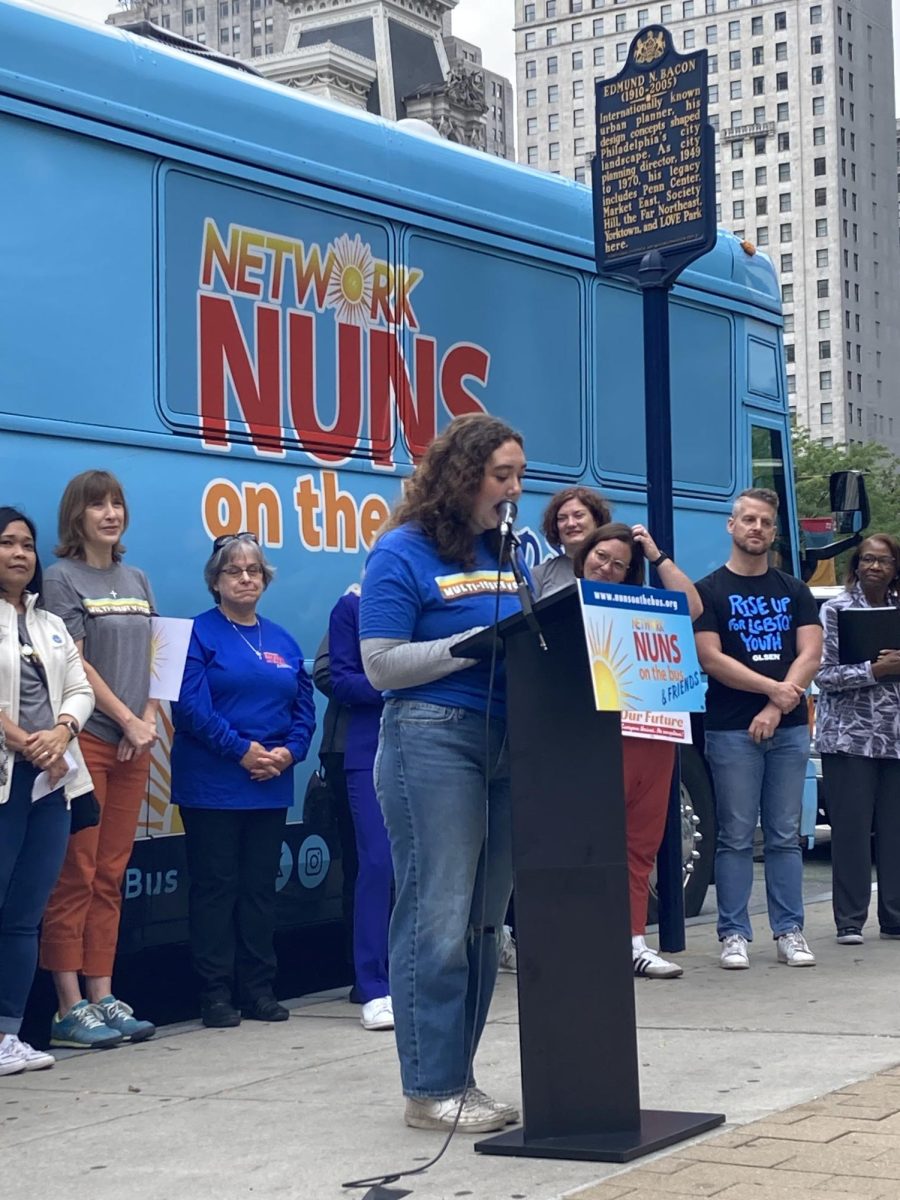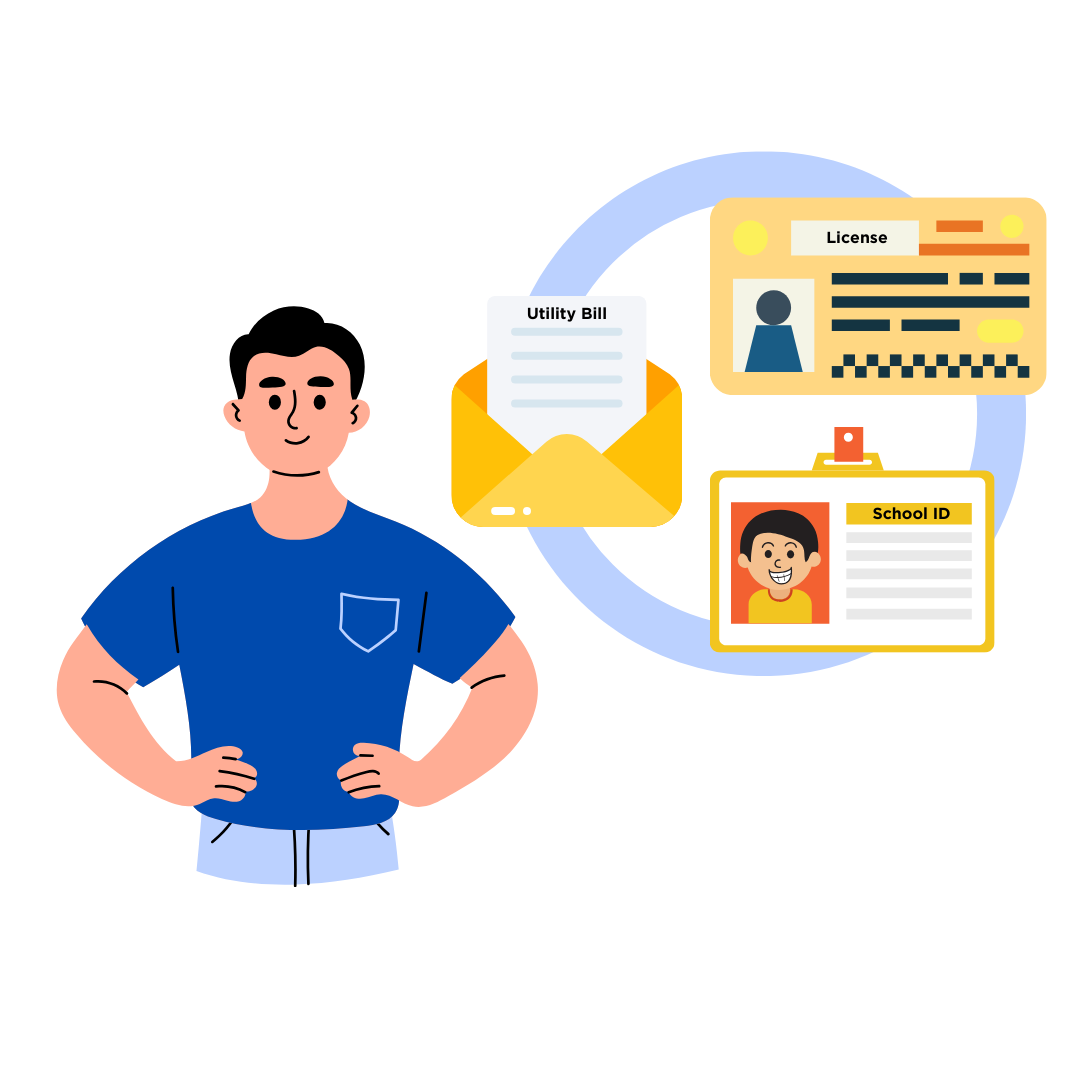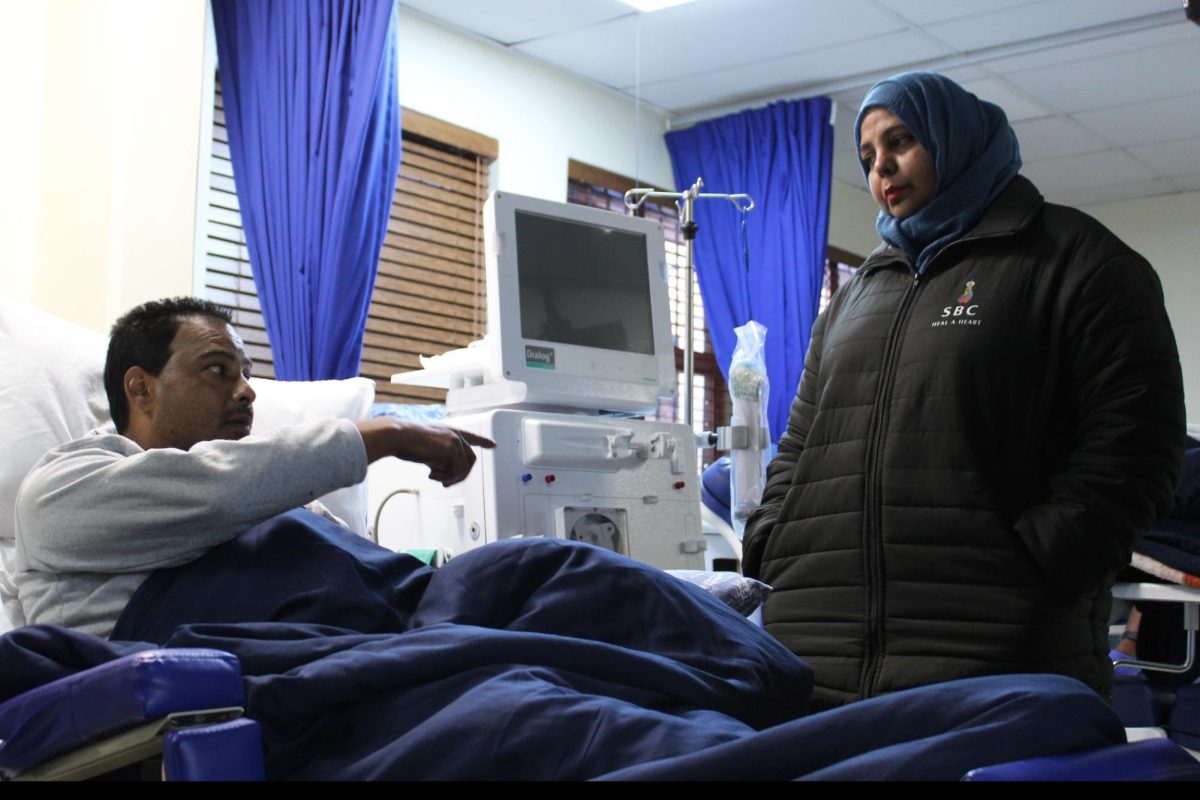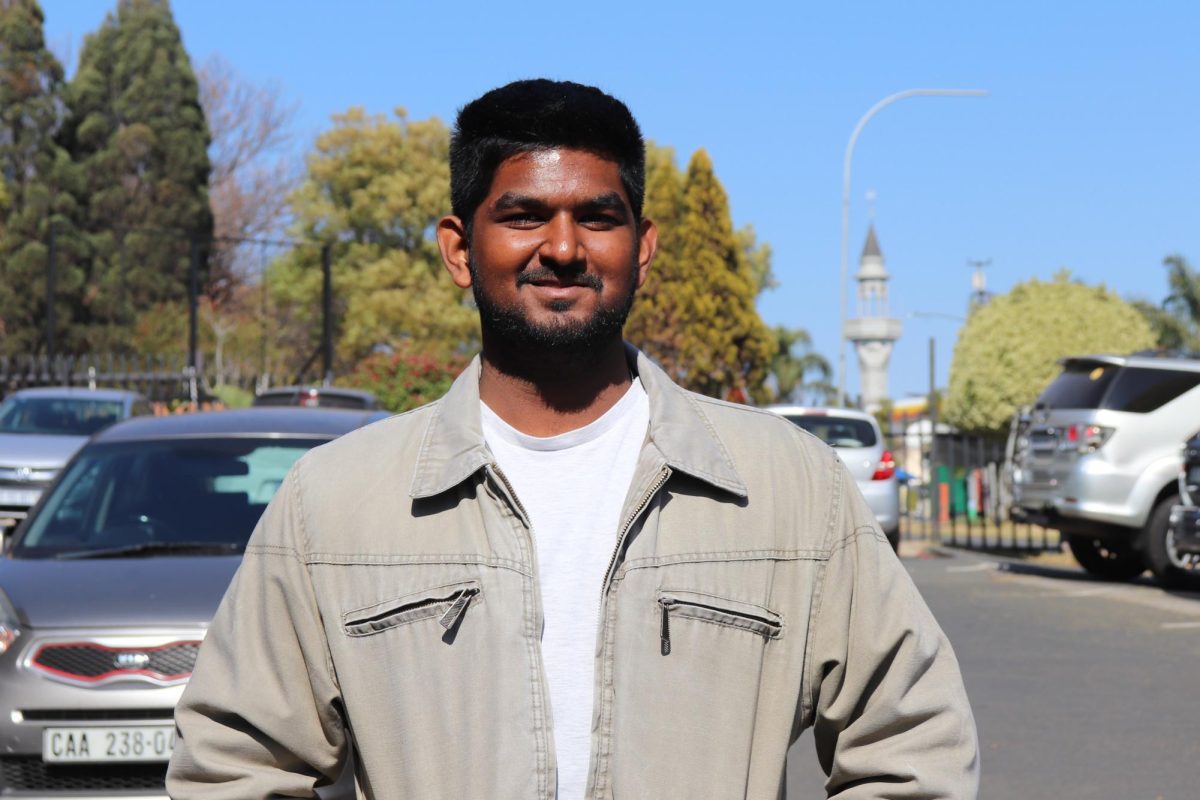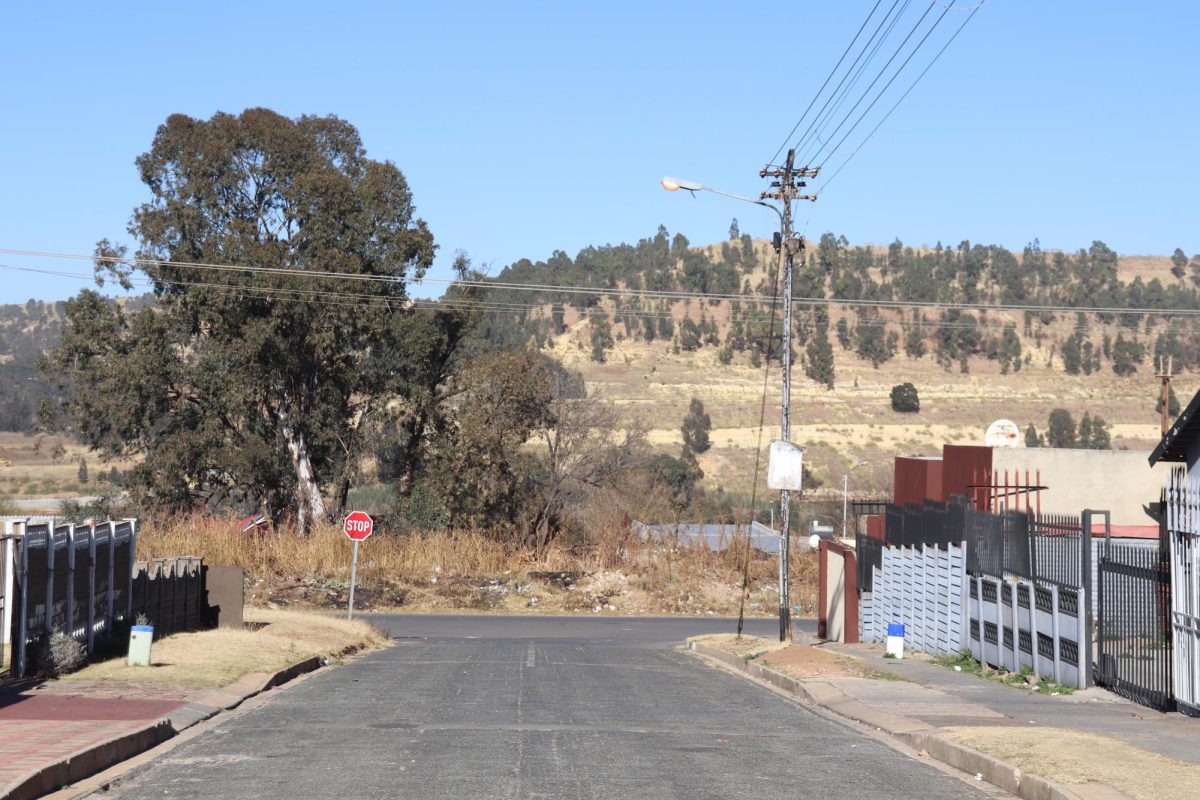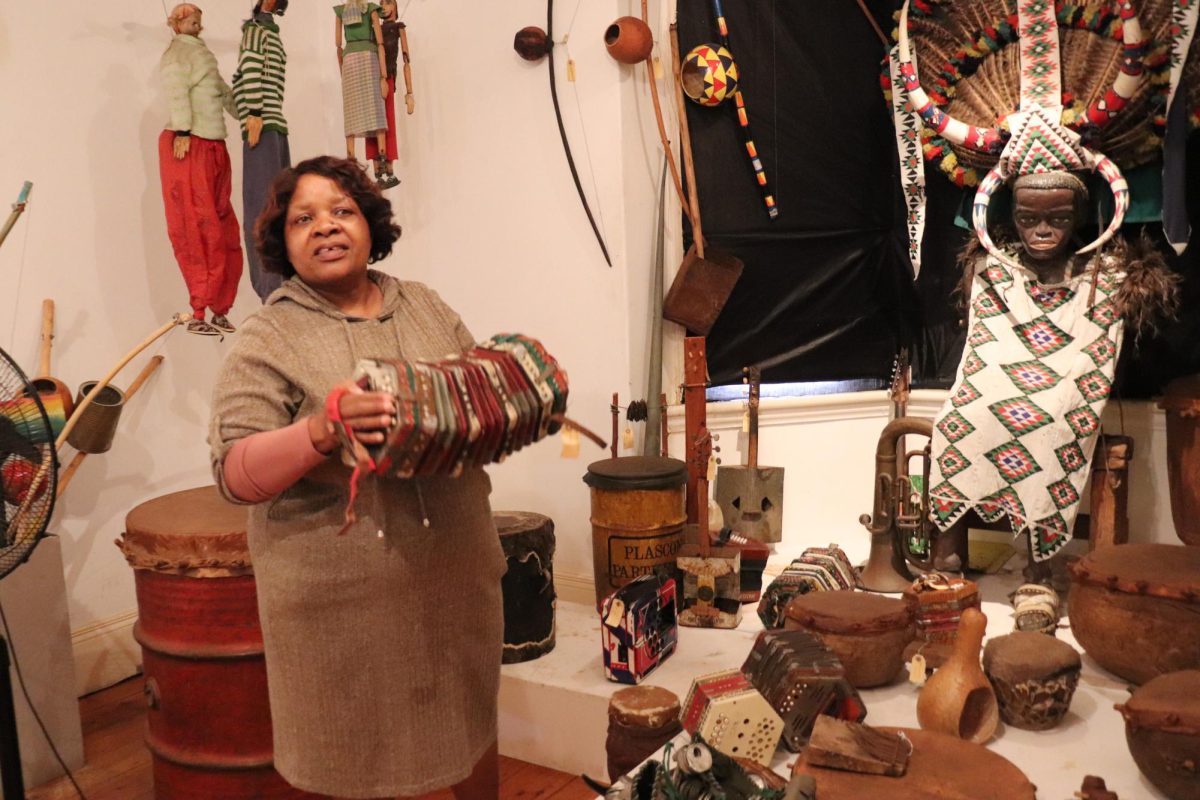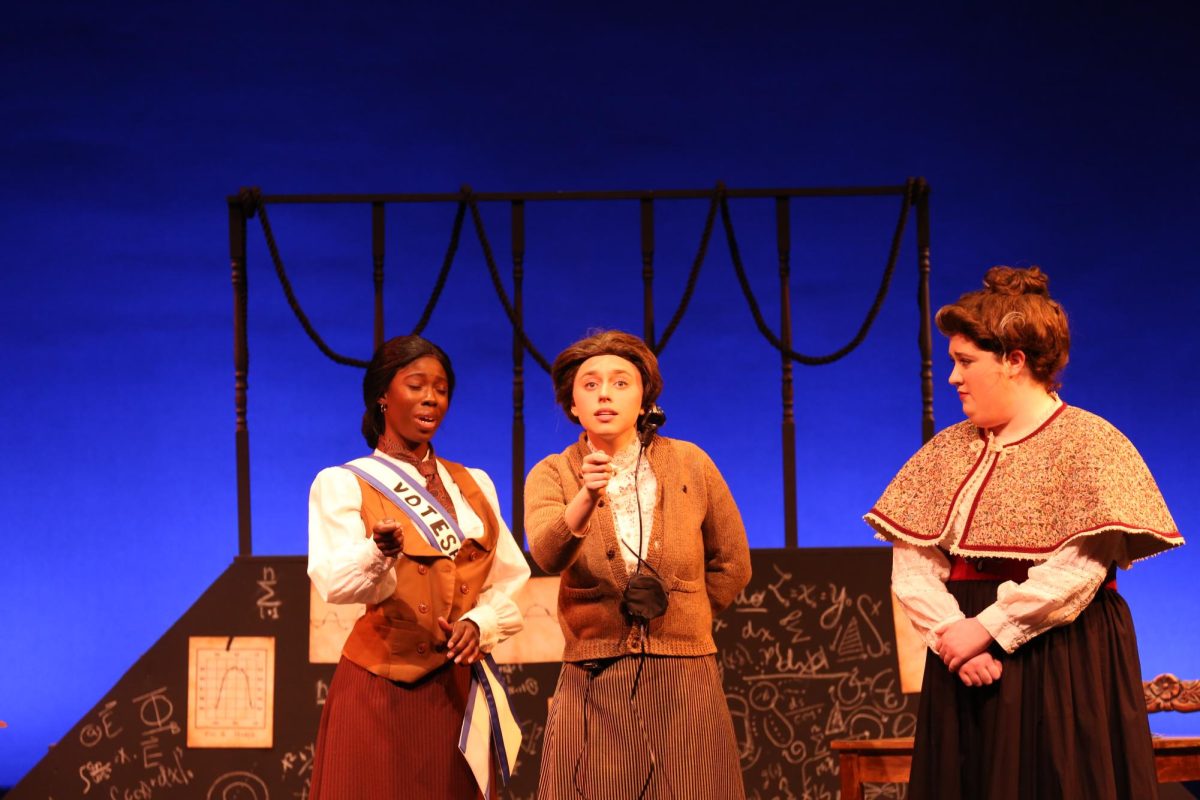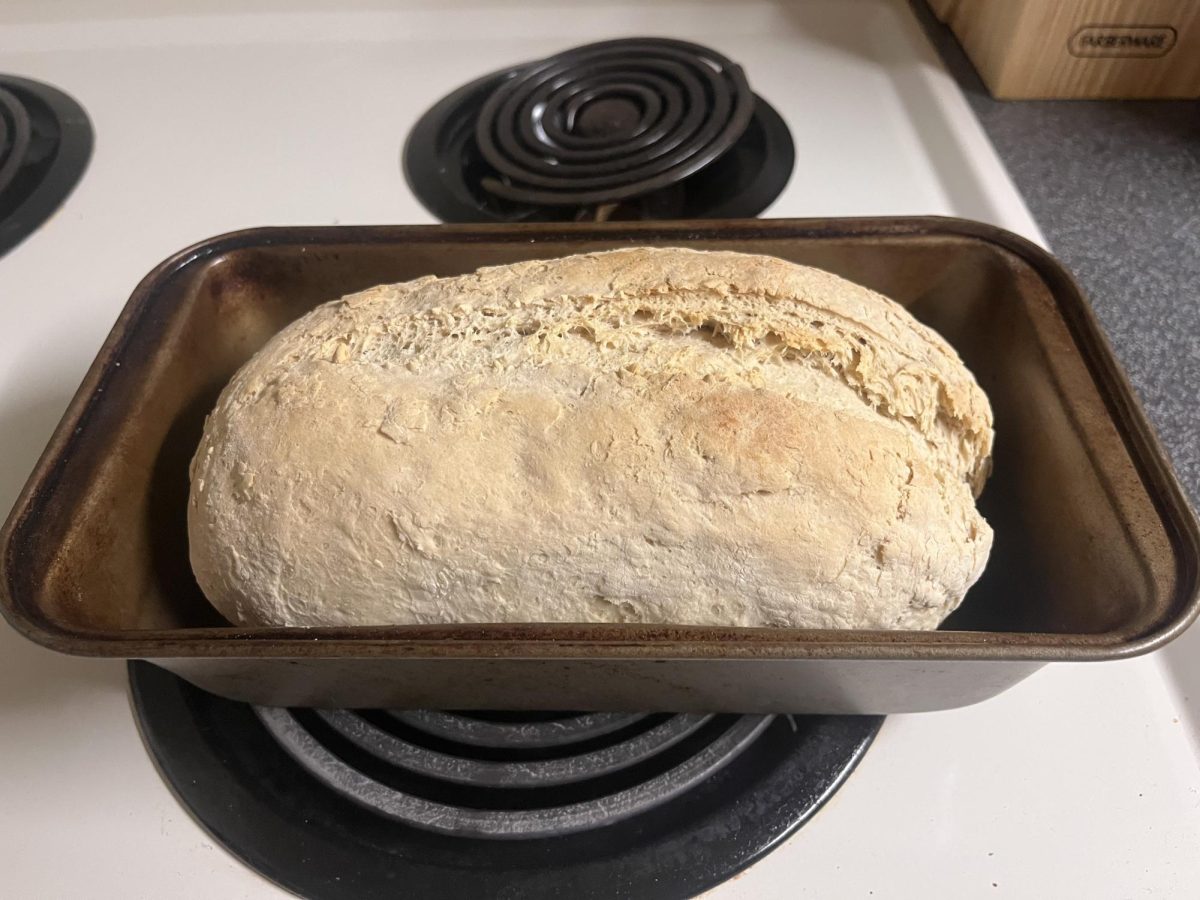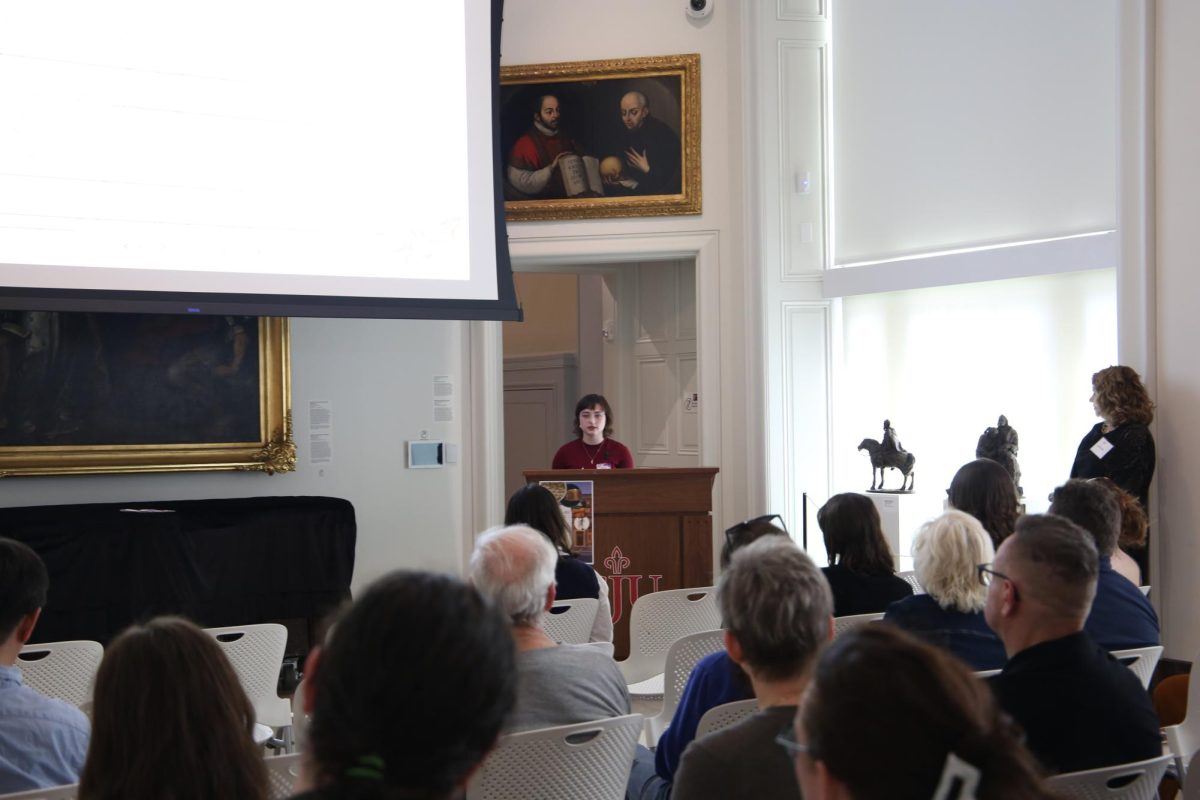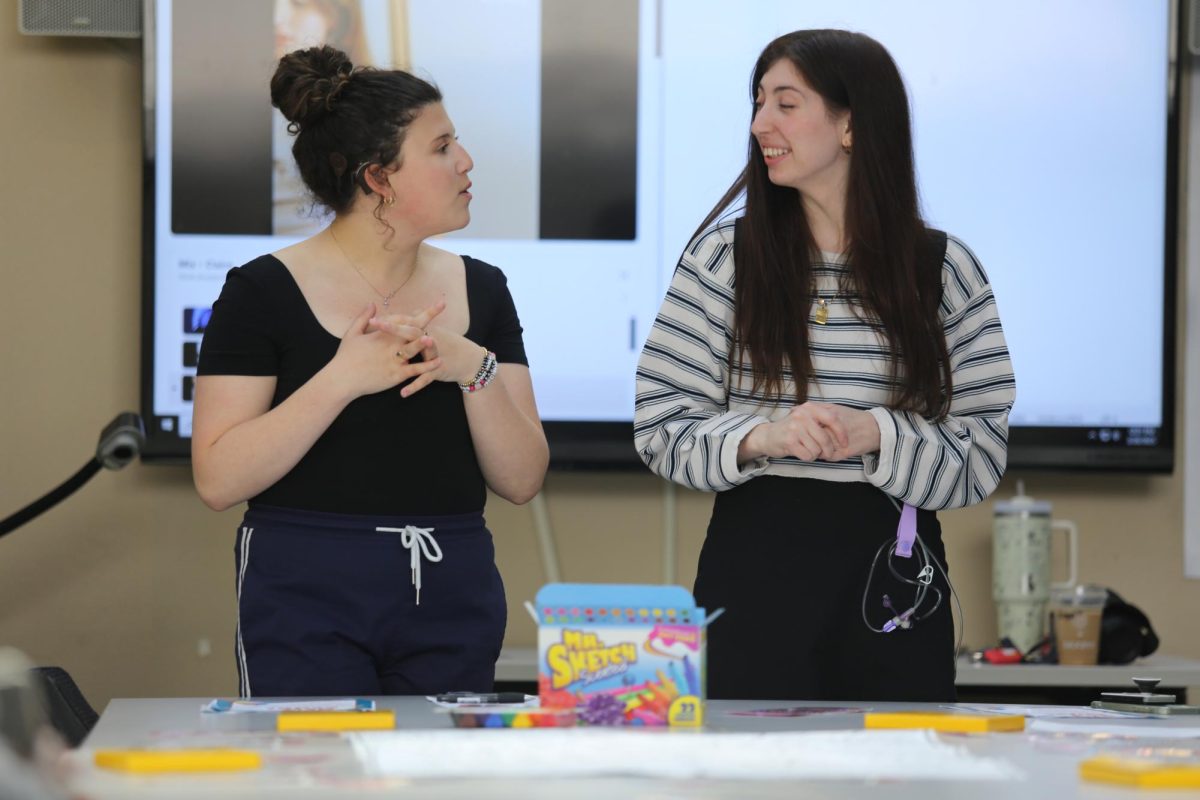The Hawk has composed a list of educational books, documentaries and podcasts for members of the St. Joe’s community to use to enable them to be actively anti-racist. The Hawk holds that showing support for the Black Lives Matter (BLM) movement must go beyond simply posting on social media. If you are unable to attend a protest or donate, you can still combat the racism that afflicts our country by being well-educated on the subject of race. Reading, watching or listening to these works is an essential way to go beyond the awareness of racism and to contribute to the fight towards a more just society.
What to read:
“The New Jim Crow” by Michelle Alexander
“The New Jim Crow” has had a lasting impact on today’s criminal justice reform movement, inspiring the Marshall Project, a nonprofit, online journalism organization that highlights criminal injustices in the U.S., and the Art for Justice Fund, an initiative that fights to reduce mass incarceration in the U.S. The novel centers around Alexander’s argument that the racial caste system in the U.S. has not ended but has instead been redesigned. It points out today’s version of the Jim Crow laws as represented by the disproportionate percentage of the Black community being imprisoned as well as discriminated against in all facets of our society, including employment, housing and education.
“How To Be An Antiracist” by Ibram X. Kendi
In “How To Be An Antiracist,” Kendi emphasizes that being actively anti-racist is vital to discovering new ways of perceiving ourselves and others. Through ethics, history, law and personal accounts, Kendi covers both basic and difficult concepts of anti-racist ideas that teach readers how to be an ally and fight all forms of racism present in our country.
“Me And White Supremacy” by Layla Saad
This novel is based on Saad’s viral Instagram challenge #meandwhitesupremacy, which encouraged people to share and take responsibility for their racist behaviors. “Me and White Supremacy” has readers embark on a 28-day journey to deconstruct their privilege and encourage other white people to do so as well. Saad embeds expanded definitions, exemplary stories and further resources within her writing.
“I’m Still Here: Black Dignity in a World Made for Whiteness” by Austin Channing Brown
Brown’s memoir focuses on her journey to accept and find self-worth for both her gender and skin color growing up in a middle-class white community. She points out that the ingenuine actions of predominantly white institutions cause them to fall short of their claims to value “diversity” in their mission statements.
“Beloved” by Toni Morrison
In “Beloved,” Morrison offers a look into slavery’s lasting impact in the U.S. Based on a true story, the plot takes place pre-Civil War and follows protagonist Sethe, a Kentucky-born slave, who escapes to Ohio with her husband and their children. Traumatic memories from her time as a slave are revealed in flashbacks throughout the plot, namely the killing of her two-year-old daughter to save her from slavery. These guilt-ridden flashbacks show that although she is now a free woman, she is still a prisoner to these memories.
Note: To further express support for the Black community, purchase these books from independent Black-owned bookstores. To name a few in the Philadelphia area, there is Hakim’s Bookstore & Gift Shop, Harriett’s Bookshop and Uncle Bobbie’s Coffee and Books.
What to watch:
“Fruitvale Station” (2013)
“Fruitvale Station,” is a movie based on the true story of Oscar Grant III, a 22-year-old from Hayward, California, played by Michael B. Jordan. The movie begins with the actual footage of Oscar being restrained and then fatally shot by Bay Area Rapid Transit Police in 2009. His death sparked protests and riots across the city. The film successfully highlights the unwarranted “thug” stereotypes against Black men.
Where to watch: YouTube and Amazon Prime
“13th” (2016)
“13th” explores the historical racial inequality in the U.S. dating back to the era of slavery. It ties the mass incarceration of Black men in modern times to the ratification of the 13th Amendment in 1865, which abolished slavery.
Where to watch: Netflix
“Whose Streets?” (2017)
“Whose Streets?” is a documentary that covers the Ferguson uprising as told by the people who experienced it. It reveals how the killing of 18-year-old Michael Brown prompted the community to fight back through demonstrations and protests, which effectively sparked the global BLM movement. The film focuses on women and queer organizers, who were central to the movement.
Where to watch: Hulu, Amazon Prime and YouTube
Note: Netflix recently launched a BLM collection that includes a curated list of about 50 films that highlight racial injustices and the Black experience in the U.S. Netflix tweeted on June 10: “When we say ‘Black Lives Matter,” we also mean ‘Black storytelling matters.’ With an understanding that our commitment to true, systemic change will take time–we’re starting by highlighting powerful and complex narratives about the Black experience.”
What to listen:
“Code Switch” by NPR
Hosted by journalists of color, “Code Switch” addresses how race impacts every part of society, from politics to pop culture. This weekly podcast shuffles between fact-based and opinion-based topics.
Where to listen: Apple Podcast
“1619” by The New York Times
Hosted by Nikole Hannah-Jones, this audio series details how slavery has transformed America. It is part of The 1619 Project, an initiative from The New York Times that recognized the 400th anniversary of the beginning of American slavery in 2019.
Where to listen: Apple Podcast
“Pod Save the People” by Crooked Media
In this podcast, organizer and activist DeRay Mckesson discusses activism, social justice, culture, politics and overlooked news stories that involve or impact people of color. The weekly podcast provides listeners with ways to be thoughtful activists.
Where to listen: Apple Podcast


